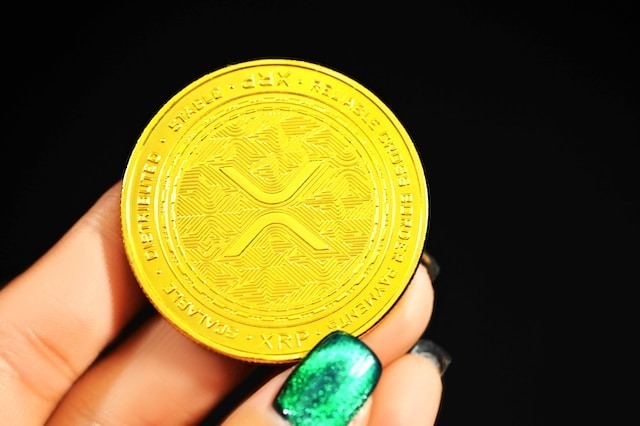
- Jason Calacanis, a renowned angel investor, has criticized XRP as a “centralized controlled security,” contrasting it with Bitcoin’s decentralized nature and warning of the potential chaos if XRP exchange-traded funds (ETFs) are approved.
- He advises that XRP should only be available to sophisticated investors due to its centralization and the risks it poses to market stability.
Jason Calacanis, a prominent American entrepreneur and angel investor known for his early investments in companies like Uber and Robinhood, has made waves with a scathing critique of Ripple’s XRP token. He describes the popular cryptocurrency as “a centralized controlled security,” challenging the widely held belief that XRP is a decentralized alternative to traditional finance.
The Centralization Debate: Is XRP Truly Decentralized?
Calacanis, who has earned his reputation as one of the most influential figures in the investment world, pointed out the stark contrast between XRP and Bitcoin. According to the 54-year-old investor, “XRP is the opposite of Bitcoin,” suggesting that XRP’s centralization makes it far more vulnerable to manipulation and control. Bitcoin, often hailed as the epitome of decentralization in the crypto space, operates without a central authority, which is a significant part of its appeal to supporters. In contrast, XRP’s centralized structure, controlled in large part by Ripple Labs, has raised concerns about its true independence.
The debate over XRP’s centralization isn’t new. Ripple CEO Brad Garlinghouse has openly acknowledged that Ripple owns a significant portion of the total XRP supply, estimating that the company holds around $100 billion worth of tokens. This has led critics to argue that Ripple’s control over such a large stake in the currency undermines the decentralized ethos that many believe cryptocurrencies should embody.
The Potential Chaos of XRP ETFs
Calacanis’ concerns extend beyond XRP’s structure to the potential approval of spot XRP exchange-traded funds (ETFs). He warned that if these ETFs are approved, it could have disastrous consequences for financial markets, calling it a move that might render securities laws meaningless. “There will be chaos in the markets as a million startups, funds, and grifters start dumping 50% of their coins on retail while slowly selling the 50% they own and control,” he stated. His fears reflect concerns over the risks associated with such large-scale market manipulation, particularly for retail investors who may be caught off guard by the volatility.
The Ripple Effect: Could XRP ETFs Threaten Market Stability?
The approval of an XRP ETF is becoming increasingly likely, with Polymarket users placing the chances at 78% for 2025. While proponents argue that an XRP ETF would provide increased accessibility and legitimacy for the cryptocurrency, Calacanis believes it could create “chaos” in markets. The risks involved in a centralized coin like XRP being traded in such a manner could undermine the stability of traditional and crypto markets alike.
A Call for Caution
Calacanis has urged investors to treat XRP with caution, especially given its centralization and potential market volatility. He has recommended that XRP only be available to sophisticated investors who fully understand the dangers associated with the coin and its ecosystem. As the debate over XRP’s role in the future of finance continues, investors and critics alike will be closely watching how this contentious issue unfolds.




